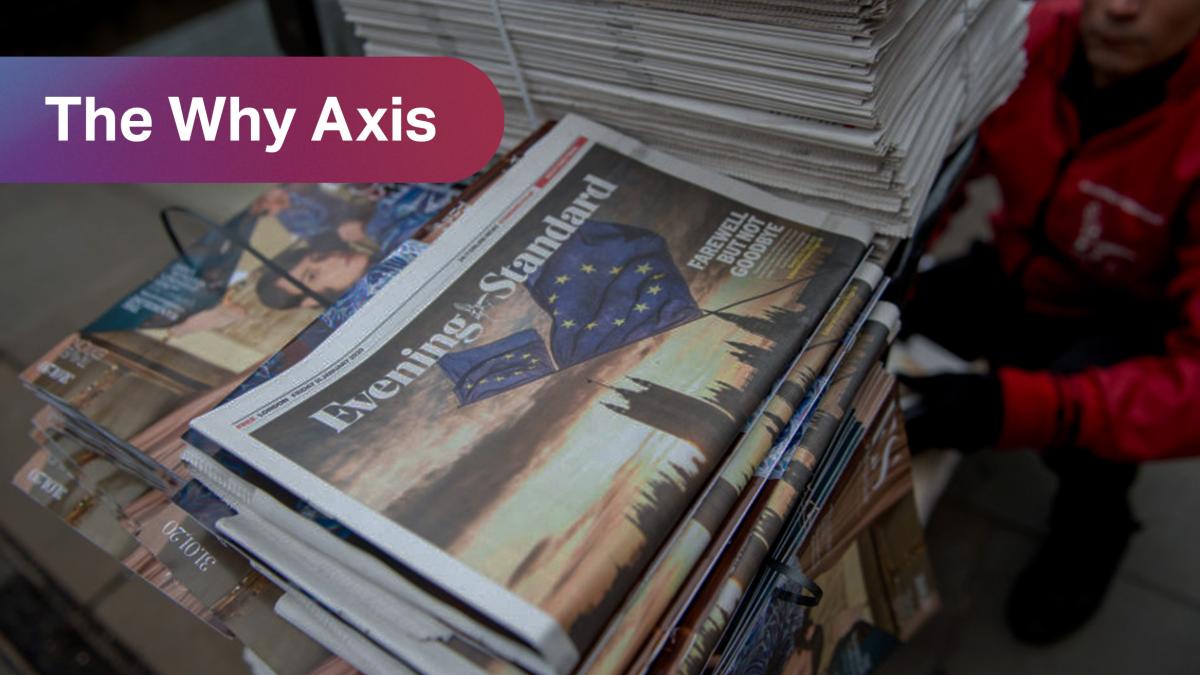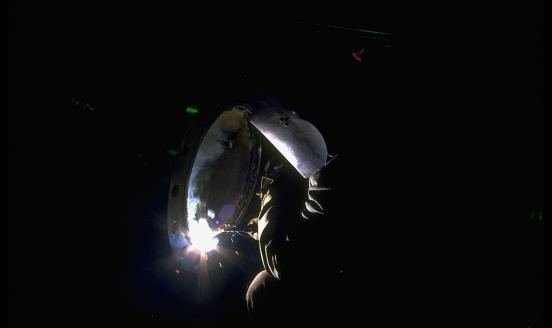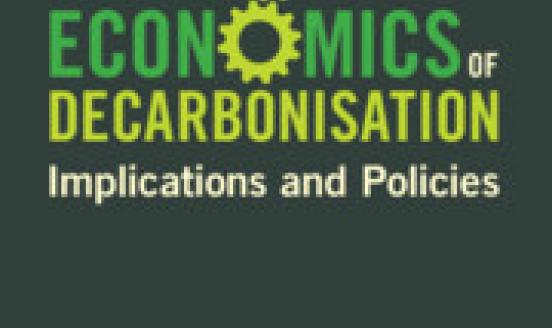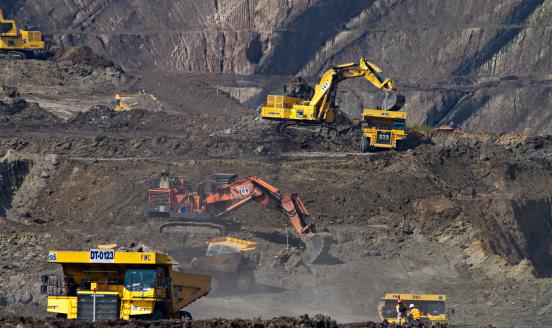What should Europe do to secure its supply of critical raw materials?


Europe uses raw materials in many industries from green and digital tech to defence. Some are produced within Europe, like hafnium in France, but the majority are imported. When Europe is dependent on a single supplier, as is the case with manganese, magnesium, strontium, or bismuth from China, or feldspar and boron from Turkey, our industries face risks if that supply runs dry. This can happen because of reasons beyond control, like a global pandemic or economic coercion to obtain political concessions.
The Critical Raw Materials Act has interesting proposals on monitoring, stockpiling and demand coordination to anticipate those risks. It places a lot of attention on increasing the extraction and refining of raw materials in Europe. This inward-looking response, however, misses the fact that most of the action will take place outside the EU.
Especially for green tech, most raw materials enter the EU already embedded in products such as solar panels, permanent magnets or EV batteries. Europe must pay close attention to the supply of its own suppliers. China’s dominance in refining stands out: it refines 99% of the cobalt extracted in Congo and 94% of the lithium extracted in Australia.
By boosting the demand for clean tech goods, the green transition creates a dual challenge. First, much larger amounts of minerals must be brought online, especially lithium, cobalt and manganese. Second, this should be done without reinforcing existing concentration. The EU should support a trade-policy environment and concrete investments abroad that diversify global supply chains by making better use of its foreign investment policy, the Global Gateway.
The Why Axis is a weekly newsletter distributed by Bruegel, bringing you the latest research on European economic policy.



